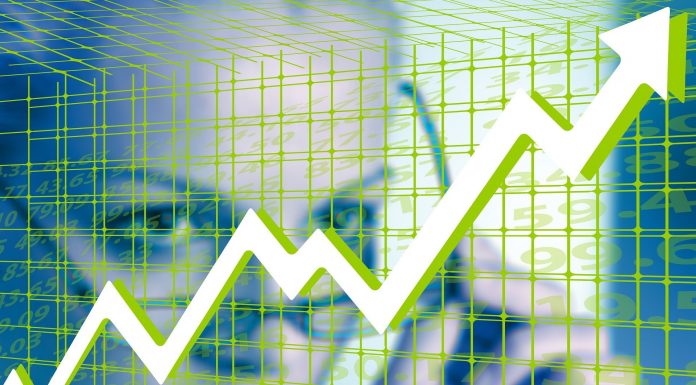(Joakim Book, Mises Institute) The government and its supporting lackeys would like us to believe they are our knights in shining armor protecting us against the unexpected evils of the world. We supposedly can trust that they’ll show up and keep us safe.
If the food we eat doesn’t qualify for the well-intended and carefully balanced (i.e., politically infested and poorly researched) “Dietary Guidelines for Americans” put out by the US Department of Agriculture, they gladly tax and subsidize our food until it does. We have popular magazines publishing obnoxious and error-prone information about how meat hurts us and how saturated fat causes heart disease. There are schools instigating corrupting campaigns to strip away even the little nutritious food they may once have served—and then the chattering classes celebrate it.
All while we pave the way for, in Saifedean Ammous’s words from The Fiat Standard, the “high-margin, nutrient-light industrial sludge” that is vegetable oil, corn, and refined sugar.
If the fuels we use to drive our cars around, heat our homes, or power our devices don’t live up to the newest climate-obsessed fads, our kind Don Quixotes mandate that you replace them with fuels that don’t work, overload and underpower our electricity grids, and, of course, place heavy taxes and regulatory obstacles on things which they don’t like. They are, you see, here to look after our best interests—a task we are wholly incapable of doing on our own.
The latest thing (not at all unrelated to the GameStop debacle, cryptocurrencies, and meme stocks movements of 2021) is to clamp down on individual stock ownership. Retail investors, “apes” and “degenerates” of WallStreetBets, are wreaking havoc upon—destabilizing!—financial markets and taking financial risks that aren’t good for them.
Undereducated plebs apparently don’t know what’s in their own financial interest. They lack the knowledge to pick a stock, to accurately assess the value of a company, and to plan their own savings and retirement funds. Our beloved knights, who always know better, should quickly ride in and take that power out of our hands before we hurt ourselves and destroy our economy and our democracy.
Manhattan Institute senior fellow Allison Schrager recently asked in Bloomberg the natural follow-up question: “Should retail investors even be allowed to own individual stocks?” Surely, they’ve mismanaged their own finances long enough, and with the meme stock era, their imprudence has spilled over onto the rest of society. She writes that “from seat belts to vaccinations, governments can’t always count on their citizens to do what’s in their own best interest—sometimes they need a little help.”
Ah, how kind of them!
We shouldn’t construct our own portfolios, pick shares in companies that we believe will do well, or invest in sectors in which we have some specific knowledge because that’s not good for us. Leave the price discovery to the professionals, those rich enough to pass some arbitrary criteria, or those politically connected enough to be in the regulators’ favor. We should just buy index funds, entrusting our votes and dollars to the BlackRocks and the Vanguards of the world. What possibly could go wrong?
The only way that mandating progress from above makes sense is if we believe in the infallibility of the planner. When individuals make mistakes or their actions lead to bad outcomes, the total damage is limited. Only some people suffer, and specifically those who made the bad choices, while others can learn from their mistakes. The system corrects.
When people are forced into doing the same thing by some benevolent public body, however, the aggregate risks are extraordinary. What if the advice is wrong? Maybe—and that’s a big presumption—a ruling body of experts has a little more insight into a certain subject than the average American does (probably a PhD and a nice hat, too).
But if they’re wrong or there is some unintended downside to their regulation, the damage done is much, much larger than when stock-picking Americans hurl their savings into meme stocks or catch falling knives on financial markets already drugged to insanity with monetary stimulus.
Worse, government systems rarely self-correct. The feedback and information they receive is minuscule, noisy, and filtered through the political systems, and the people who lay down the rules often don’t suffer consequences for being wrong.
The irony, of course, is that Schrager prudently argues for diversification of financial holdings but her suggestion centralizes all savings eggs in one government basket. How can diversification be so good in one area, but bad in the other?
A final laughably revealing thing is her subtle disclosures. She writes that she purchased her first individual stock “to research this column.”



